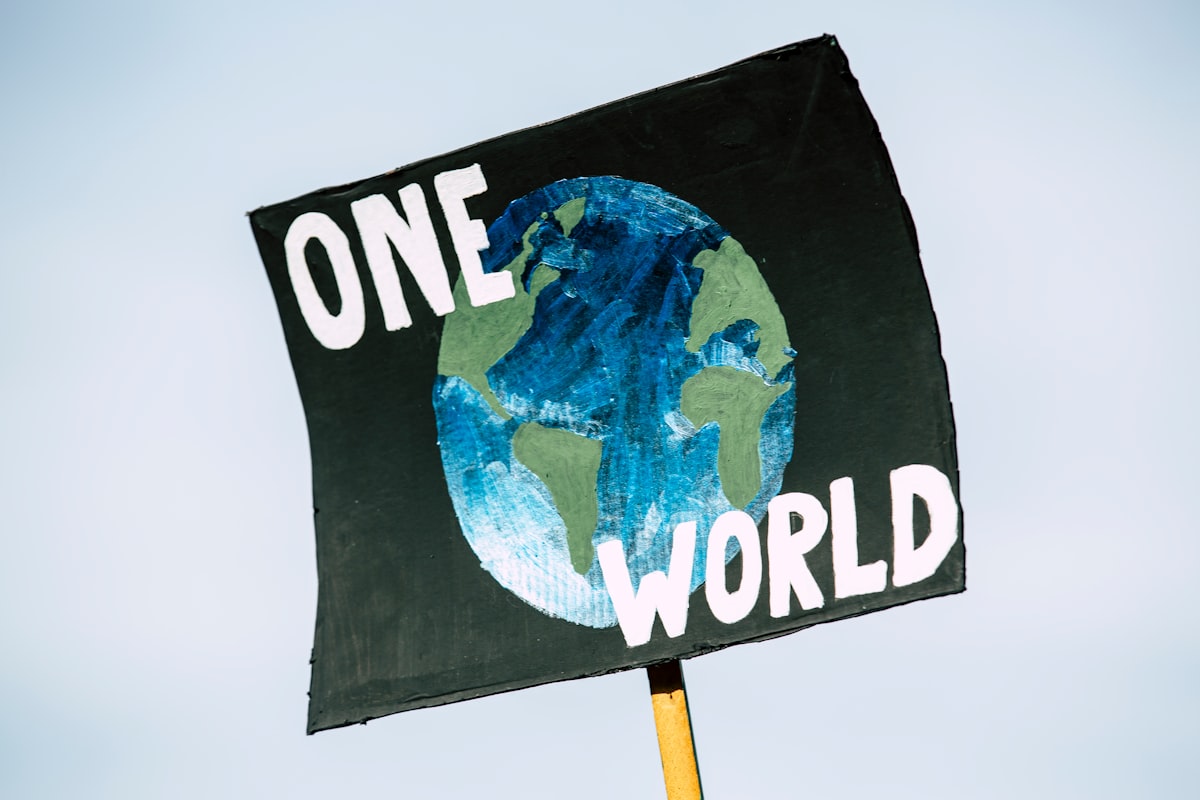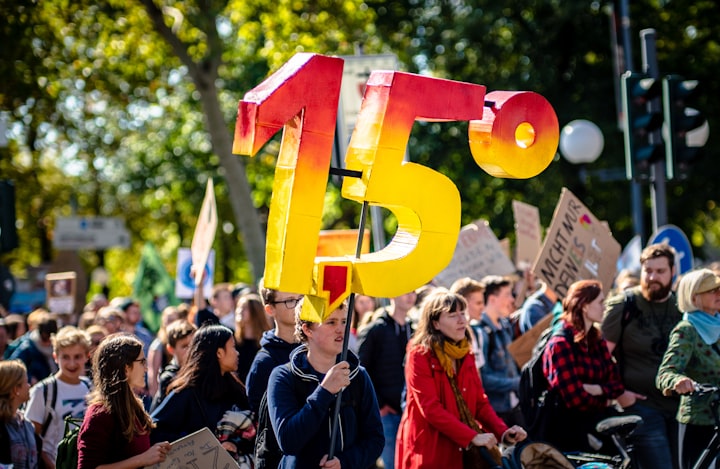From Global Warming to Global Boiling: UN Chief's Call to Action and the Corporate Responsibility
July 2023: Hottest month ever. UN Chief Guterres highlights urgent corporate responsibility in addressing the escalating climate crisis.

July 2023 has been officially declared the hottest month ever recorded. As the world faces the dire impacts of climate change, UN Secretary-General António Guterres delivers a compelling message, urging global leaders and corporates to accelerate climate action, transition from fossil fuels, and support vulnerable nations.
The World Meteorological Organization and the European Commission's Copernicus Climate Change Service have released data confirming the alarming rise in global temperatures. July 2023 has not only been the hottest month but has also witnessed the hottest three-week period, three hottest days, and the highest ocean temperatures for this time of year.
Guterres paints a grim picture of the current climate situation, highlighting the tragic consequences being faced worldwide. From children being affected by monsoon rains to families fleeing wildfires and workers collapsing from extreme heat, the impacts are widespread and severe.
The Corporate Role:
Corporates, as major stakeholders in the global economy, have a dual role to play. Their industrial activities contribute significantly to global emissions, but they also possess the resources, innovation, and influence to drive positive change.
- Sustainable Business Practices: Corporates must adopt sustainable business practices, reduce their carbon footprint, and invest in green technologies. This includes transitioning to renewable energy sources, reducing waste, and optimizing supply chains for sustainability.
- Innovation and R&D: Corporates can invest in research and development to create sustainable products, services, and solutions that not only benefit their business but also the environment.
- Stakeholder Engagement: Engaging with stakeholders, including employees, customers, and investors, to promote sustainable practices can amplify the impact. This includes transparent reporting of environmental metrics and fostering a culture of sustainability.
- Collaboration: Corporates can collaborate with governments, NGOs, and other businesses to drive large-scale sustainable initiatives, share best practices, and set industry standards.
The Secretary-General emphasizes that the era of global warming has transitioned to an "era of global boiling." He calls out the inaction and hesitancy of global leaders, especially the G20 nations responsible for 80% of global emissions, and underscores the responsibility of the corporate sector. He urges for immediate and dramatic climate action, emphasizing the importance of upcoming events like the Africa Climate Summit, G20 Summit, UN Climate Ambition Summit, and COP28.
Guterres outlines a clear roadmap for action, which includes halting oil and gas expansion, ceasing funding for new fossil fuel projects, and doubling adaptation finance by 2025. He also calls out financial institutions for their continued support of fossil fuels and urges a shift towards renewables.
In conclusion, Guterres stresses the importance of collaboration among governments, civil society, businesses, and other stakeholders. He ends with a powerful message, urging humanity to turn the year of burning heat into a year of burning ambition and accelerate climate action, with corporates at the forefront of this change.




Comments ()